3 Keys to a Successful Writing Accountability Partnership
One writer found that regular check-ins with a writing buddy have encouraged both of them to make progress than ever before.


Today’s post is by romance author and book coach Trisha Jenn Loehr (@trishajennreads).
The myth of the solo writer is persistent, yet we all crave community. Very few, if any, published books are written in isolation.
I’ve tried the solo writer route, and it didn’t work. It was too easy to deprioritize my writing because there were dishes that needed to be done, or I was tired from my workday and just wanted to veg on the couch, or the writing was hard and pushing through that frustrating plot problem to make my word count goal was too overwhelming. I wasn’t accountable to anyone but myself.
So I reached out to a writer friend who was also struggling to prioritize her writing and make progress toward her goals (both of our goals centered around that ever-elusive concept of actually finishing a writing project).
Over the past year I’ve met regularly with a writing buddy to update and encourage each other on our writing projects. And we’ve both made more progress than ever before.
In one year of having a writing accountability partner, or “writing buddy”, I’ve accomplished more on my creative writing than I have in nearly a decade:
- Six short stories written
- Two submissions to contests and four submissions to anthologies or literary magazines
- My first acceptance and publishing contract
- Planned and drafted an entire romance novel
- Made progress on revisions on an old novel draft
- Embraced my identity as an author
My writing buddy re-outlined a novel project and discovered which elements of her story fit in book one of her planned series and which elements needed to move to subsequent books, did a revision of the first novel, wrote eight short stories, got her first publication, and even read her story aloud at the launch event for the anthology she’s featured in.
So how did we do this? By scheduling a weekly writing update email (and messaging the other for their update if it wasn’t in our inbox on time), meeting bi-weekly over video chat (also in the calendar), and giving written feedback on each other’s projects.
Despite challenging life circumstances that make writing even more difficult, developing a structured partnership with a writing buddy can help you make progress on your writing goals.
Three things contributed to our success as writing buddies: trust, scheduling and guidelines, and micro-goals.
1. Build a writing partnership with someone you know and trust—someone as committed as you are.
Writing accountability groups or critique relationships often fall apart because the participants haven’t established a relationship built on trust and shared goals (rather than competition) or they just aren’t on the same page. They might have different ideas on what consistency looks like or on what level of feedback to provide. Some participants may get more than they give, which leads to resentment from other members of the group.
Talk about expectations, feedback styles, and weekly or monthly time commitments before agreeing to a partnership.
My writing buddy and I had been friends for 11 years and sporadically encouraging one another on our writing journeys before we started our formal partnership and developed a structure for it.
2. Set regular deadlines and guidelines for connecting with one another and sharing updates on your writing life. Put these in your calendar and treat them as important appointments.
- How often and in what method will you update each other on your writing progress? Will you email or text one another? Will you meet in person or virtually?
- Will you share your word count goals and achievements? Will you ask for help outlining or brainstorming? Will you share craft or research resources? Will you exchange pages for feedback?
My writing buddy and I send weekly email updates on Sunday evenings about what writing we accomplished (or didn’t) the previous week. We also meet bi-weekly over Google Meet to chat about our projects, what’s working or not working, brainstorm together about our respective WIPs, set goals, and debrief about the most recent episodes of Survivor (which totally isn’t writing-related but is an important part of our friendship).
When we exchange pages for feedback, we specify what kind of feedback we want and when we need it by—thoughts on character or structure or pacing, suggestions to fill a plot hole, or help trimming word count so the story will meet submission requirements for a contest.
We also regularly text each other encouragement (there’s a lot of GIFs) or random updates (“Hey look, I’m actually writing!”) or questions related to our writing (“Do you think my character would react this way or that way in X situation?”).
3. Focus on achievable micro-goals that will move you both toward your macro-goals.
Big goals like multi-book publishing deals (a girl can dream!) are achieved through the many, many micro-goals we accomplish on the way—things like developing a personal writing routine, completing a story or a novel draft, sharing your writing with another person (scary!) or by submitting to a submission call (even scarier!).
Take time by yourself and with your writing buddy to brainstorm a series of smaller, achievable goals that match or coordinate so you can walk alongside one another on your journeys. If you have completely disparate goals, you might not be best suited for a partnership.
Word count goals like writing 500 words a day or 5,000 words a week can be wonderful. But word count isn’t the only way of measuring writing progress. In fact, focusing only on word count can sometimes be detrimental to your writing progress, because when life inevitably happens and your day job requires a bunch of unplanned overtime or you or a family member gets sick, that word count is unlikely to be reached. Word count may also go down during revisions, which doesn’t accurately reflect the important progress you’re making on your manuscript.
Writing progress can also look like:
- Making decisions about a story or project—which changes to make in the next revision or even the choice to shelve a project
- Sharing your writing by submitting to a contest or magazine
- Scheduling regular writing time or attending a weekend writing retreat
- Reading a book related to your project or doing other research
- Setting a deadline to complete a first draft or revision
Last summer, my writing buddy and I set a goal to collect rejections. And that meant we needed to draft, complete, and submit short stories. We helped one another research opportunities, sent our drafts back and forth for feedback, and sent screenshots of our submission confirmations—followed by screenshots of lots of rejection emails and one acceptance email each.
A writing buddy makes this writing thing way less lonely.
The crucial thing I’ve discovered with a writing buddy is the necessity of blending encouragement and accountability. I know I have someone in my corner when I need a pep talk because I didn’t write as much as I’d hoped to or when my story got rejected or my character is veering off my mapped story path. Sometimes that pep talk is a reminder of all the things I did accomplish. But I also have someone to give me a necessary kick in the pants when I am letting fear win and am too scared to hit submit or when I’m lamenting for the fourth day in a row that I’m too tired to write.
Knowing that someone is waiting for my writing update (even if that update is that I didn’t meet whichever writing goal I set last week) and is available to help me brainstorm through a writing block has been a huge help for me.
Perhaps a writing buddy might help you achieve your writing goals too. Can you think of anyone in your circle of acquaintance who you could propose a partnership to?





















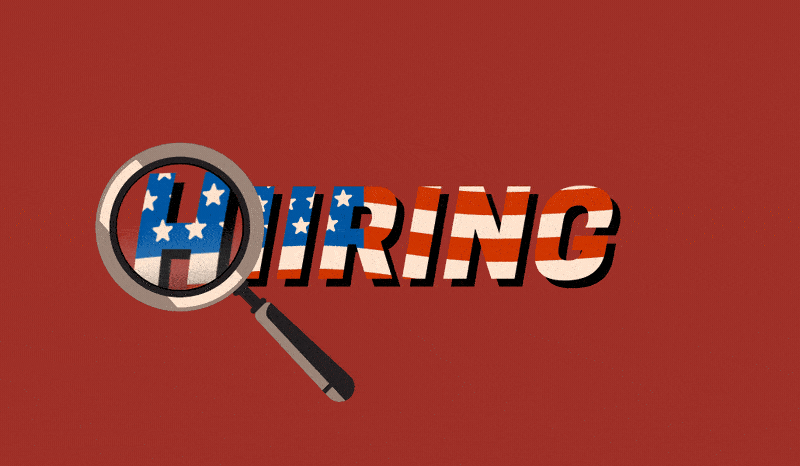


![Brand and SEO Sitting on a Tree: K-I-S-S-I-N-G [Mozcon 2025 Speaker Series]](https://moz.com/images/blog/banners/Mozcon2025_SpeakerBlogHeader_1180x400_LidiaInfante_London.png?auto=compress,format&fit=crop&dm=1749465874&s=56275e60eb1f4363767c42d318c4ef4a#)

![How To Launch, Grow, and Scale a Community That Supports Your Brand [MozCon 2025 Speaker Series]](https://moz.com/images/blog/banners/Mozcon2025_SpeakerBlogHeader_1180x400_Areej-abuali_London.png?auto=compress,format&fit=crop&dm=1747732165&s=beb7825c980a8c74f9a756ec91c8d68b#)
![Clicks Don’t Pay the Bills: Use This Audit Framework To Prove Content Revenue [Mozcon 2025 Speaker Series]](https://moz.com/images/blog/banners/Mozcon2025_SpeakerBlogHeader_1180x400_Hellen_London.png?auto=compress,format&fit=crop&dm=1747758249&s=9f3c5b1b7421f862beace1cb513053bb#)

























![The 11 Best Landing Page Builder Software Tools [2025]](https://www.growthmarketingpro.com/wp-content/uploads/2024/04/best-landing-page-software-hero-image-1024x618.png?#)


















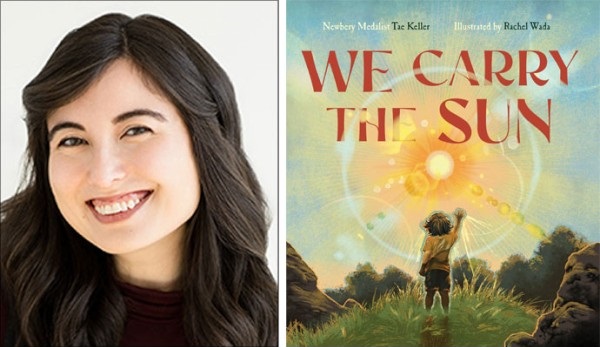
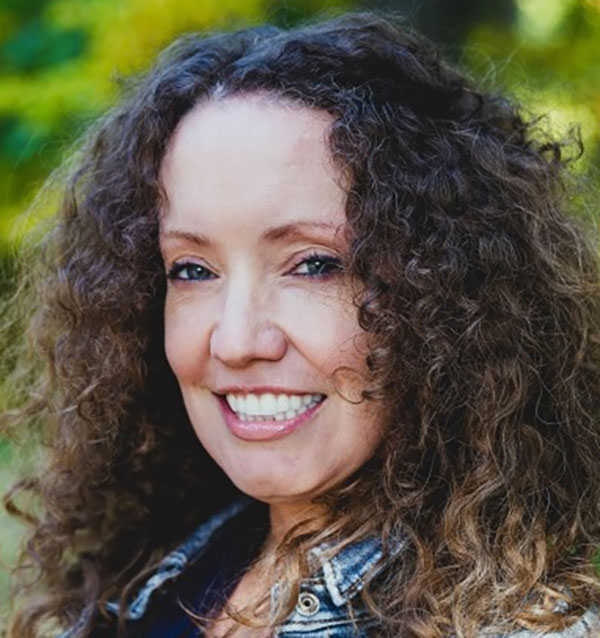


















![How To Build AI Tools To Automate Your SEO Workflows [MozCon 2025 Speaker Series]](https://moz.com/images/blog/banners/Mozcon2025_SpeakerBlogHeader_1180x400_Andrew_London-1.png?auto=compress,format&fit=crop&dm=1749642474&s=7897686f91f4e22a1f5191ea07414026#)





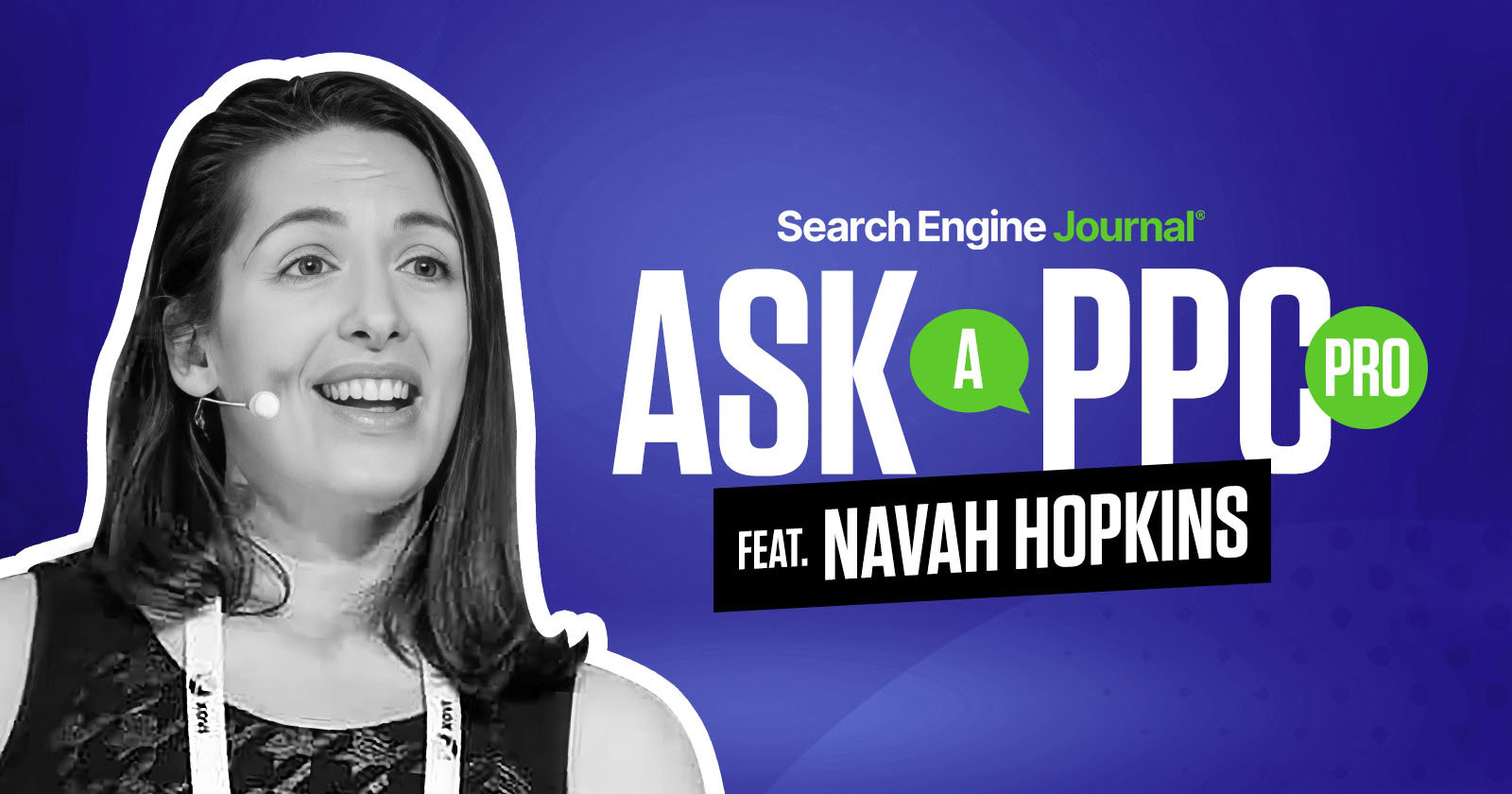








![Marketers Using AI Publish 42% More Content [+ New Research Report]](https://ahrefs.com/blog/wp-content/uploads/2025/06/marketers-using-ai-publish-42-more-by-ryan-law-data-studies-1.jpg)

![X Highlights Back-To-School Marketing Opportunities [Infographic]](https://imgproxy.divecdn.com/dM1TxaOzbLu_kb9YjLpd7P_E_B_FkFsuKp2uSGPS5i8/g:ce/rs:fit:770:435/Z3M6Ly9kaXZlc2l0ZS1zdG9yYWdlL2RpdmVpbWFnZS94X2JhY2tfdG9fc2Nob29sMi5wbmc=.webp)
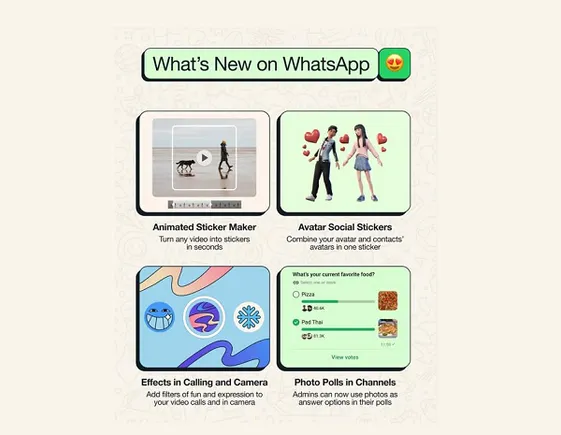








![Brand pitch guide for creators [deck and email templates]](https://blog.hootsuite.com/wp-content/uploads/2022/06/brand-pitch-template.png)



![The HubSpot Blog’s AI Trends for Marketers Report [key findings from 1,000+ marketing pros]](https://www.hubspot.com/hubfs/state-of-AI-1-20240626-53394.webp)
![AI can boost conversions from your web page — HubSpot’s CMO shows you how [tutorial]](https://knowledge.hubspot.com/hubfs/ai-1-20250605-395473.webp)
![The state of inclusive marketing in 2025 [new data + expert insight]](https://www.hubspot.com/hubfs/inclusive-marketing-report.webp)

















